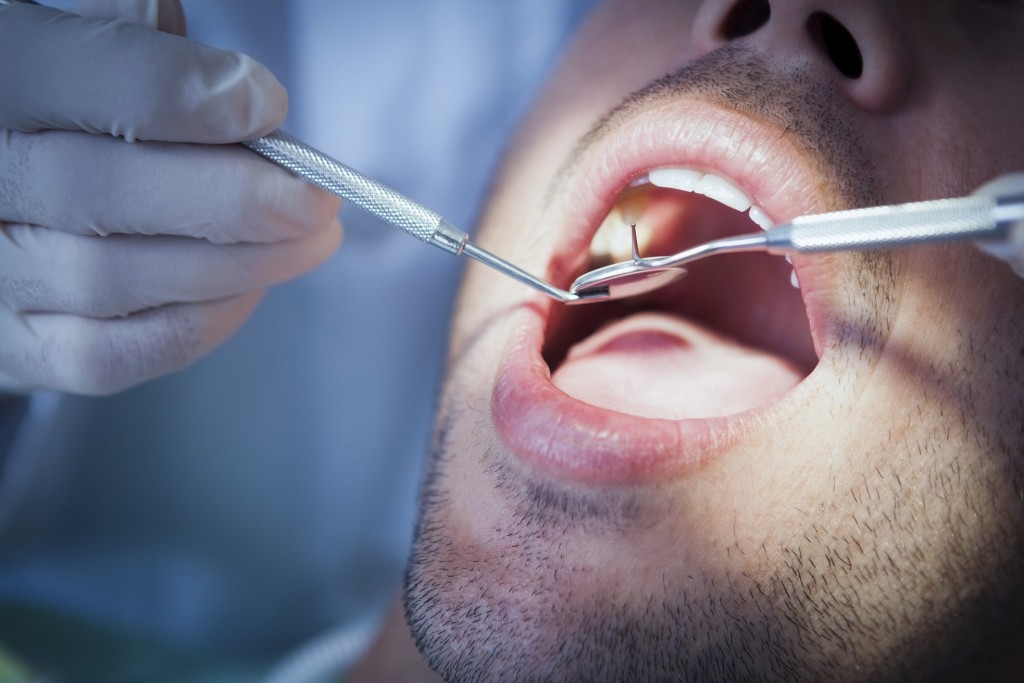Florida Inferior Alveolar Nerve Damage Attorney
Millions Recovered for Accident Victims
Fort Lauderdale Inferior Alveolar Nerve Damage Lawyer Fighting for Your Rights
Inferior alveolar nerve damage is a serious condition that can occur as a result of dental procedures. If you have experienced this type of injury, you may be wondering what options are available to you for treatment and compensation.
Lisa Levine is a Fort Lauderdale inferior alveolar nerve damage lawyer who understands the physical and emotional toll that this type of injury can take on your life. She is here to help guide you through the process of seeking justice and obtaining the compensation you deserve.
On This Page
Understanding the Inferior Alveolar Nerve and Its Function

The inferior alveolar nerve runs through the lower jaw bone and is an important sensory nerve that supplies sensation to the lower teeth, lip, and chin.
The inferior alveolar nerve does two key things in your mouth and jaw:
Because of its location, the inferior alveolar nerve is at risk of damage during certain dental procedures such as tooth extractions, implant placements, or jaw surgeries. Any injury to this nerve can have significant consequences and potentially lead to long-term complications.
Common Causes of Inferior Alveolar Nerve Damage Due to Dental Negligence
When it comes to inferior alveolar nerve damage due to dental negligence, there are several common causes that can lead to this unfortunate outcome. It is important to be aware of these causes and understand how they can impact your case if you have experienced such an injury.
If you’ve experienced an injury to the inferior alveolar nerve, it’s important to speak to a Fort Lauderdale inferior alveolar nerve damage lawyer as soon as possible.
Jane Doe
v. Surgeon and Hospital
Estate of John Doe
v. Hospital
Teresa Rojo
v. Julio Diaz-Jane, M.D.
Signs and Symptoms of Inferior Alveolar Nerve Injury
Inferior alveolar nerve injury can cause a range of signs and symptoms that may vary in severity. Some common indications of nerve damage include:
The symptoms may last for a few days to several weeks, depending on the severity of the nerve damage. In more severe cases where there is significant nerve compression or damage, the symptoms may be chronic and long-lasting.
How a Dental Malpractice Attorney Can Help You Recover Compensation for Inferior Alveolar Nerve Damage

Like all healthcare professionals, dentists are required to provide their patients with an acceptable standard of care that meets all state regulations and professional standards. There’s no reason why dentists who make mistakes due to incompetence, negligence or intentional misconduct should not be held accountable for their actions.
Patients who suffer lingual inferior alveolar nerve damage or other injuries as a result of dental malpractice have the right to pursue all available legal options, including filing a dental malpractice lawsuit. An experienced Fort Lauderdale inferior alveolar nerve damage lawyer can help by providing guidance and support throughout the legal process, including:
You should know that dentists and their insurance companies rarely settle out of court. There’s no incentive for them to do so. The insurance companies know that litigation of this type is a costly, time-consuming process and that most people don’t have the resources to mount a prolonged legal battle.
In a situation like this, contacting a skilled Broward County dental malpractice attorney like Lisa Levine is the smartest move you can make. Lisa accepts her cases on a contingency basis, which means she doesn’t get paid unless you win. She has the skills and expertise to handle your case every step of the way. You can count on Lisa to effectively and aggressively pursue your case to ensure you get the settlement you deserve for your pain, suffering, and losses.
Frequently Asked Questions about Lingual Nerve Injuries
Your Rights, Our Priority
Get Legal Help After Fort Lauderdale Inferior Alveolar Nerve Damage
If you or a loved one is the victim of nerve damage due to the negligence of a dentist or dental surgeon you need to get in touch with Weston inferior alveolar injury attorney Lisa Levine immediately. A skilled malpractice lawyer who represents the victims of negligence on the part of dental health professionals, Lisa will fight to see that you get the justice you deserve.
Call Lisa S. Levine P.A. at 954-256-1820 today to schedule a free consultation. Lisa Levine represents people all over the Broward, Miami-Dade, and Palm Beach County area, including Fort Lauderdale, Hollywood, Coral Springs, Miramar, and Jupiter.
